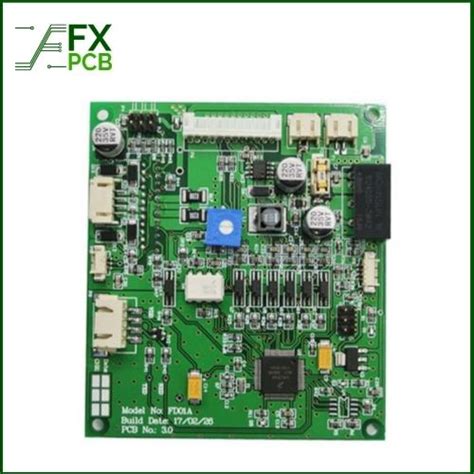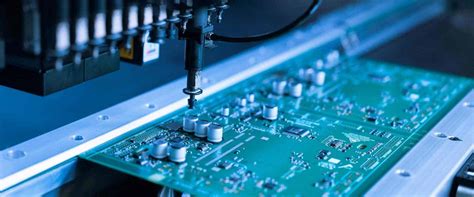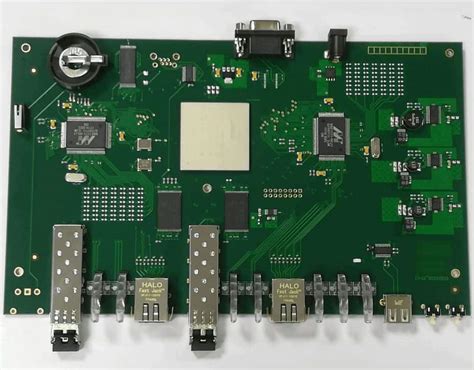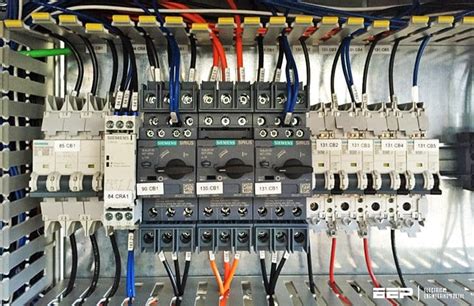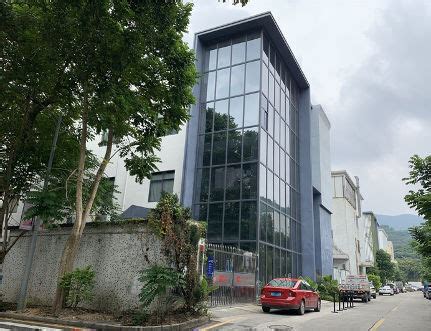Rapid PCB Prototyping: Accelerated Turnarounds Within Budget
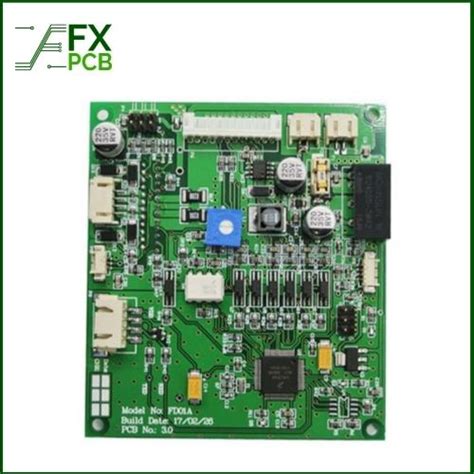
Key Takeaways
When navigating PCB manufacturing timelines, understanding your options for accelerated turnarounds is crucial. Leading PCB manufacturing companies now offer 24-hour build services, but balancing speed with PCB manufacturing cost requires strategic planning. For student projects or tight deadlines, prioritize vendors that specialize in 4-layer board prototyping—this often delivers the best value without compromising quality.
To avoid delays, ensure your design files are error-free before submission. Common pitfalls like incorrect trace spacing or missing drill files can add days to your timeline. If you’re new to PCB manufacturing business workflows, consider platforms like Sunstone or Canadian Circuits, which provide guided checklists for first-time users.
Budget-conscious teams should compare rush service tiers—some providers charge premiums for same-day builds, while others include expedited options in standard pricing. For instance, Advatech’s “Under 10” program guarantees builds within 10 business hours at rates competitive with standard services. Always verify if material availability aligns with your timeline, as specialty substrates can introduce bottlenecks. By aligning design rigor with vendor capabilities, you’ll secure fast turnarounds without overspending.
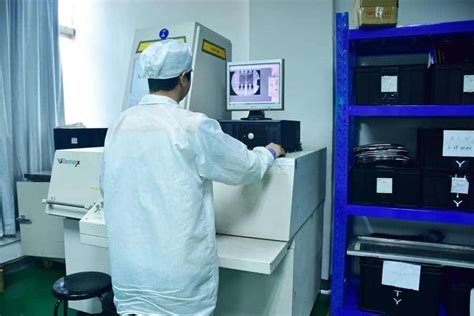
Navigating 24-Hour PCB Prototyping Services
When time is critical, PCB manufacturing companies offering 24-hour turnaround services become indispensable. These providers specialize in compressing production timelines without sacrificing quality, making them ideal for prototyping or urgent design validations. For instance, design complexity and material selection directly impact PCB manufacturing cost, so clarifying specifications upfront helps avoid delays.
"Always verify a supplier’s capabilities before committing—not all PCB manufacturing services support advanced features like blind vias or high-frequency materials in expedited timelines."
Here’s a quick comparison of key considerations for 24-hour builds:
| Factor | Impact on Speed & Cost |
|---|---|
| Layer Count | 4-layer boards cost 20-30% more than 2-layer |
| Material Availability | FR-4 is faster; specialty substrates add delays |
| Design Complexity | Simplified layouts reduce review time |
To minimize expenses, prioritize standardized materials and avoid last-minute revisions. Some PCB manufacturing businesses offer tiered pricing—opting for "bare-board" prototyping (without assembly) can further reduce costs. For student projects, inquire about educational discounts, as many providers accommodate tight budgets.
Remember, balancing speed and affordability requires clear communication. Share your deadline and budget constraints early to let engineers optimize workflows. By understanding the trade-offs in PCB manufacturing, you can secure reliable 24-hour services that align with both your timeline and financial limits.
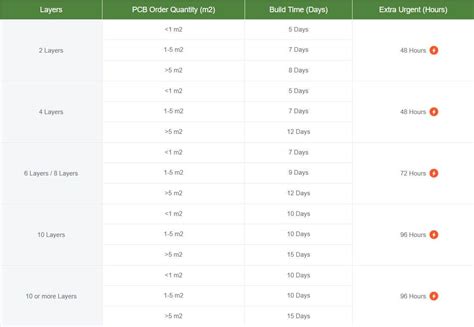
Cost-Effective 4-Layer Board Turnaround Solutions
When balancing speed and affordability in pcb manufacturing, 4-layer designs require strategic planning to avoid overspending. Many pcb manufacturing companies now offer tiered pricing models, allowing you to prioritize critical design stages while streamlining less urgent steps. For instance, opting for standard FR-4 materials instead of high-frequency laminates can reduce pcb manufacturing cost by up to 30% without compromising functionality for most student or prototype projects.
To further optimize expenses, consider panelizing multiple designs into a single build. This approach leverages economies of scale, a common practice in the pcb manufacturing business, to lower per-unit costs. Providers like Canadian Circuits often combine this with automated DFM checks to catch errors early, preventing costly reworks. However, verify if rush fees apply for sub-24-hour turnarounds—some vendors bundle these charges into “express packages” for clearer budgeting.
When comparing quotes, focus on total cost transparency. Hidden fees for solder mask colors or advanced testing protocols can inflate budgets unexpectedly. Reputable manufacturers provide itemized breakdowns, helping you align project scope with financial constraints. By aligning design complexity with production timelines, you secure faster pcb manufacturing outcomes while preserving resources for iterative testing phases.
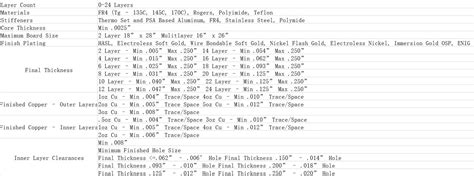
Student Guide to Fast PCB Assembly Deadlines
When tackling PCB projects with tight deadlines, balancing speed and affordability requires strategic planning. Start by identifying PCB manufacturing companies specializing in academic discounts or student-focused programs. Many providers offer tiered pricing for prototypes, which can significantly reduce PCB manufacturing cost while maintaining quality. Prioritize designs that use standard materials and layer counts—for instance, opting for 2-layer boards instead of 4-layer can save both time and money.
Always verify design validation tools provided by manufacturers to catch errors early, avoiding costly revisions. Some PCB manufacturing services include automated checks for clearance violations or missing drill files, streamlining the approval process. For urgent builds, confirm whether rush options align with your timeline—services like 24-hour turnarounds are ideal for last-minute academic submissions but may incur higher fees.
Collaborate closely with your chosen PCB manufacturing business to clarify deadlines upfront. Provide complete documentation, including Gerber files and a detailed bill of materials, to prevent delays. If working with shared budgets (common in student teams), compare quotes from multiple vendors to optimize spending without compromising turnaround speed. Remember, even small optimizations in design complexity or material selection can free up resources for faster assembly when deadlines loom.
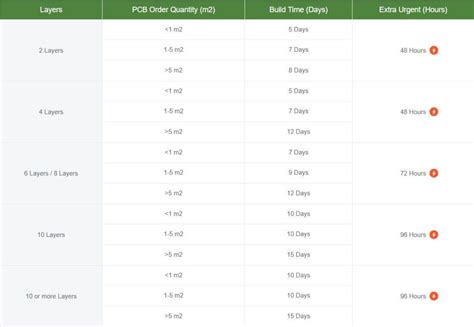
Comparing Sunstone vs. Advatech Rush Services
When evaluating PCB manufacturing companies for urgent projects, Sunstone and Advatech stand out for their distinct approaches to rapid PCB prototyping. Sunstone’s automation-driven workflows enable 24-hour turnarounds for 4-layer boards, making them ideal for standardized designs where PCB manufacturing cost must stay predictable. Their tiered pricing model scales with order volume, which benefits repeat clients in the PCB manufacturing business. However, their focus on speed can limit customization options for highly specialized designs.
Advatech, by contrast, emphasizes flexibility. While their base turnaround for 4-layer boards starts at 48 hours, they offer expedited 24-hour services for an additional fee—useful if your project requires last-minute revisions. This adaptability suits complex prototypes, though it may strain tighter budgets. When comparing PCB manufacturing expenses, Sunstone often undercuts Advatech for basic designs, but Advatech’s modular quoting tool helps you control costs by excluding non-essential features.
For student projects or startups, Sunstone’s fixed pricing reduces financial uncertainty, while Advatech’s iterative support benefits teams needing frequent design tweaks. Both companies provide online DFM checks to avoid delays, but you’ll need to weigh PCB manufacturing cost against your timeline and technical requirements. If your priority is sheer speed for simple boards, Sunstone delivers. For nuanced projects requiring collaboration, Advatech’s hybrid model might justify the premium.
Budget-Friendly Rapid Prototyping for Tight Timelines
When working with PCB manufacturing under strict deadlines, balancing speed and affordability requires strategic planning. Many PCB manufacturing companies now offer tiered pricing models that align with urgency levels, allowing you to prioritize critical design phases without overspending. For instance, opting for standard FR-4 materials instead of specialized substrates can reduce PCB manufacturing cost by up to 30% while maintaining functional integrity.
To further optimize budgets, consider consolidating orders or leveraging batch discounts—common practices in the PCB manufacturing business for high-volume prototyping. Some providers even offer design-for-manufacturability (DFM) checks at no extra charge, helping you avoid costly revisions. If your timeline allows slight flexibility, choosing a 48-hour turnaround instead of 24-hour service could cut expenses by 15–20%, freeing funds for additional iterations.
Key cost drivers include layer count, copper weight, and surface finishes, so review specifications carefully. Partnering with firms that provide real-time quotes and transparent pricing breakdowns ensures you’re not paying for unnecessary features. By aligning your project’s technical requirements with scalable PCB manufacturing solutions, you maintain both speed and financial control—a critical advantage for startups and academic teams alike.
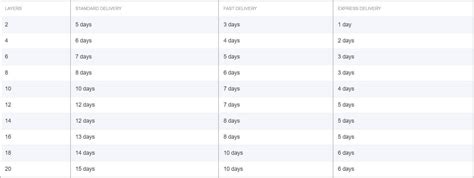
Avoiding Delays in Student PCB Design Projects
When managing tight deadlines for academic projects, proactive planning with PCB manufacturing partners becomes critical. Start by engaging PCB manufacturing companies early in your design phase—many offer free design reviews to catch errors before production. For instance, minor oversights like mismatched drill sizes or insufficient clearances can trigger costly revisions if discovered late.
Prioritize vendors specializing in educational support, as they often optimize workflows for student timelines. When reviewing PCB manufacturing cost, balance speed and affordability: standardized layer stackups and panelized designs reduce expenses while maintaining quality. Establish clear communication channels to confirm turnaround times—some providers guarantee 48-hour builds for simple 4-layer boards.
Avoid last-minute surprises by verifying file formats (Gerber RS-274X preferred) and material requirements upfront. Tools like online DFM checkers from PCB manufacturing business platforms can automate error detection. Remember, delays often stem from unforeseen fabrication complexities, not the production itself. By integrating these strategies, you’ll align your project with reliable PCB manufacturing cycles without exceeding academic budgets.
How to Secure Same-Day PCB Builds Under 10
To achieve same-day PCB manufacturing without exceeding a $10 budget, start by prioritizing design simplicity. Complex layouts or oversized boards often drive up PCB manufacturing cost, so focus on minimizing layers, reducing board dimensions, and avoiding non-standard materials. Many PCB manufacturing companies offer discounted rates for small, standardized designs—leverage this by panelizing multiple projects into a single order if permitted.
Next, verify if your chosen vendor provides express build slots specifically for prototypes. Some PCB manufacturing business models allocate daily capacity for rush jobs, but these slots fill quickly. Submit files early in the day and confirm automated design rule checks (DRC) pass before finalizing orders to avoid costly revisions.
For ultra-low budgets, explore shared panel services where multiple customers split fabrication costs. While this may limit customization, it’s ideal for student projects or single-layer boards. Always clarify lead time guarantees in writing—reputable providers often include refund policies for missed deadlines.
Finally, use pre-negotiated educational discounts if applicable. Many manufacturers partner with universities to offer subsidized PCB manufacturing rates for student groups. Pair this with in-house assembly options to bypass third-party delays. By aligning design choices with vendor capabilities, you’ll balance speed and affordability without compromising quality.
Balancing Speed and Cost in PCB Manufacturing
When evaluating PCB manufacturing options, you’ll often face a critical trade-off: faster turnarounds typically mean higher costs. Balancing these factors requires understanding how PCB manufacturing companies structure their pricing. Rush services often add premiums for expedited material sourcing, tighter production scheduling, or overtime labor—all of which impact PCB manufacturing cost. However, strategic planning can mitigate these expenses. For instance, standardizing designs to avoid complex routing or minimizing panel space usage reduces both time and material waste.
Some providers offer tiered pricing models, letting you prioritize either speed or budget. If deadlines are flexible, opting for a 3–5-day build instead of 24-hour service could slash costs by 20–40%. Conversely, when timelines are non-negotiable, confirm whether PCB manufacturing business partners include value-added services like free design reviews—this prevents costly respins from overlooked errors.
Material selection also plays a role. While FR-4 remains cost-effective for prototypes, high-frequency laminates might require longer lead times. Always clarify hidden fees for expedited shipping or engineering approvals. By aligning your project’s priorities with a manufacturer’s capabilities, you can secure optimal outcomes without compromising quality or breaking budgets.
Conclusion
When navigating PCB manufacturing timelines, your ability to balance speed and PCB manufacturing cost hinges on strategic planning. By prioritizing design simplicity and leveraging standardized materials, you can minimize delays while maintaining affordability. Leading PCB manufacturing companies now offer tiered pricing models, allowing you to scale production speed based on project urgency—a critical advantage for student teams or startups facing tight deadlines.
Always verify if suppliers provide real-time tracking for rush orders, as this transparency ensures you stay informed at every stage of the PCB manufacturing business process. For budget-conscious projects, consider consolidating multiple prototypes into a single batch or opting for panelized designs to reduce per-unit expenses. Remember, while 24-hour services excel in urgency, aligning your timeline with a provider’s peak capacity windows can further optimize costs.
Ultimately, success in rapid prototyping lies in aligning your requirements with a manufacturer’s core strengths—whether that’s Sunstone’s automated quoting or Advatech’s specialized 4-layer expertise. By factoring PCB manufacturing cost drivers like layer count and solder mask options early in the design phase, you create room for both speed and fiscal responsibility.
Frequently Asked Questions
How quickly can I receive prototypes from pcb manufacturing companies?
Most providers offer 24-48 hour turnarounds for simple designs, while complex 4-layer boards may take 3-5 days. Prioritize firms like Sunstone or Canadian Circuits that specialize in rapid PCB prototyping with guaranteed timelines.
What drives pcb manufacturing cost for student projects?
Costs depend on board size, layer count, and material selection. Many pcb manufacturing businesses offer student discounts for small batches—always confirm educational pricing and verify if your design meets standard panelization rules to avoid fees.
Can I get same-day assembly with budget constraints?
Yes, but focus on optimizing your design first. Simplify component placement, use common materials, and avoid tight tolerance requirements. Some pcb manufacturing services combine discounted rates with expedited builds for academic or nonprofit projects.
How do I avoid delays in pcb manufacturing?
Submit error-free Gerber files and double-check BOM lists. Partner with companies that provide real-time design reviews—this reduces revision cycles. For urgent needs, prepay orders and opt for direct shipping to skip warehouse queues.
Are faster turnarounds less reliable?
Not necessarily. Reputable pcb manufacturing companies use automated processes to maintain quality at speed. Compare certifications (ISO, UL) and read client reviews to ensure consistent performance even under tight deadlines.
Need a Trusted Partner for Your Next Project?
If you’re seeking high-quality PCB manufacturing with transparent pricing and rapid turnaround guarantees, please click here to explore tailored solutions for prototypes and production runs.

